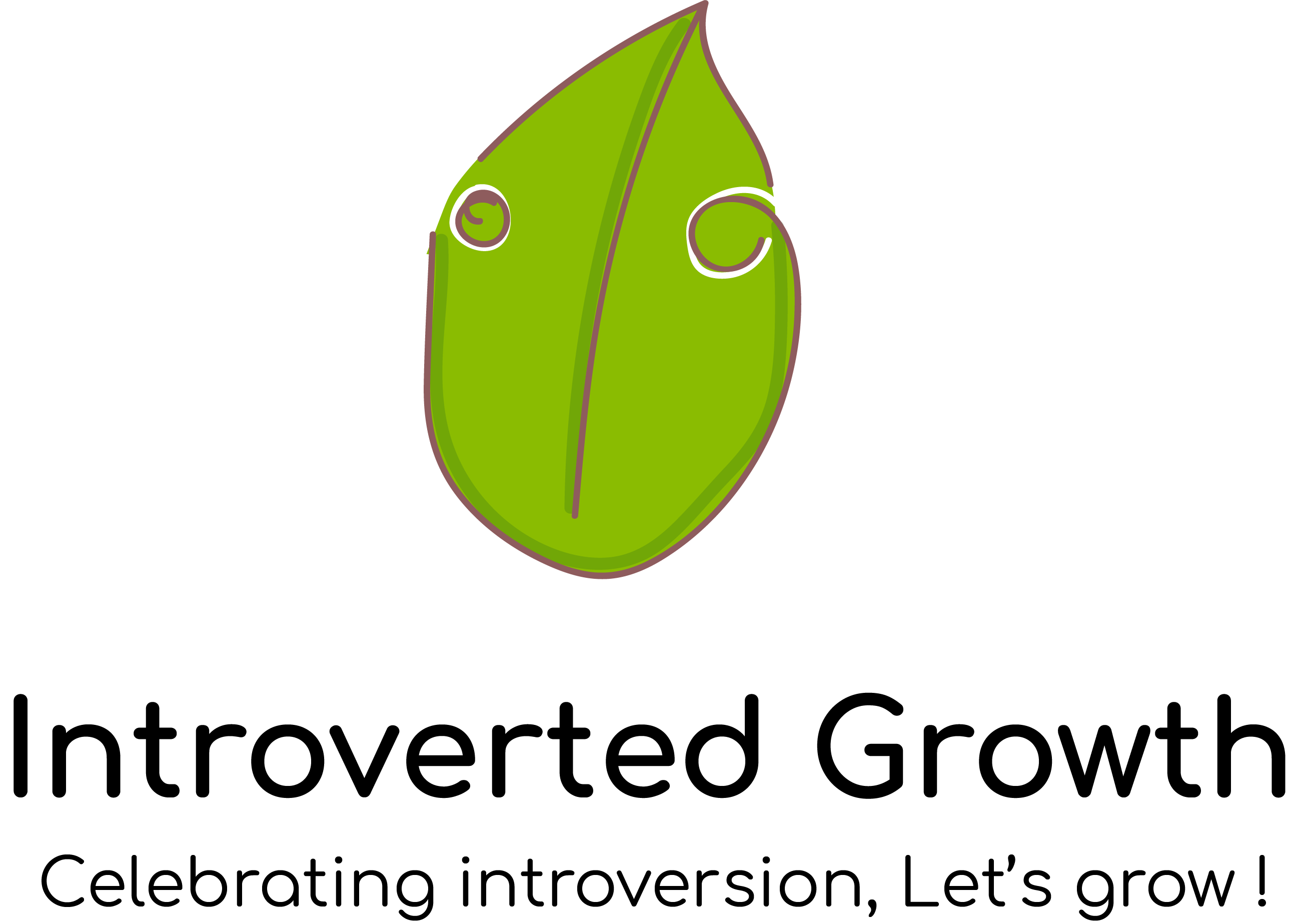This article will explore the ESFJ 2w3 personality type. We will discuss their core desire and fear, some of the challenges, and how to become a better person as an ESFJ 2w3.
What is an ESFJ 2w3?
An ESFJ 2w3 is a personality type based on the Myers-Briggs Type Indicator (MBTI) and Enneagram of Personality.
This personality is characterized by extraversion, sensing, feeling, and judging. The ESFJ 2w3 is a compassionate type that values harmony, stability, and helping others. They are natural caretakers and are often seen as the backbone of their communities.
As well as being empathetic and supportive, ESFJs also have great organizational skills; they know how to plan and execute tasks efficiently.
The 2w3 part of their personality is related to the Enneagram, which describes this type as being caring, nurturing, and selfless.
Also Read: ESFJ 3w2 – A Personality Guide
What is the core desire and fear of the ESFJ 2w3?
The core desire of the ESFJ 2w3 is to be appreciated and valued for their contributions to society. They strive to make a positive impact on the lives of others and to be recognized for their kindness and generosity.
They also seek to find a sense of security in their relationships with others, as well as the knowledge that there is something greater than themselves out there.
They fear rejection and being alone, as well as the potential for chaos and instability in their relationships with others.
They strive to maintain harmony in their relationships and to be accepted by those they care about, but fear that they will not be able to do so effectively. Additionally, they fear being taken advantage of or manipulated by others if they are not careful.
Challenges You Might Face as an ESFJ 2w3
1. Putting Others Before Yourself
As an ESFJ 2w3, you have a strong desire to help others and make them happy. However, this can lead to neglecting your own needs and desires, causing feelings of resentment and burnout.
2. Struggling with Boundaries
You have a tendency to overstep boundaries in your relationships, giving too much of yourself without receiving enough in return. This can lead to feeling taken advantage of and not being able to set healthy boundaries for yourself.
3. Perfectionism
Being a 2w3, you strive for perfection in everything you do, whether it be in your relationships, work, or personal life. This can lead to feeling like you are never good enough and can cause anxiety and stress.
4. Difficulty Saying No
You have a hard time saying no to others, leading to overcommitment and feeling overwhelmed. This can make it difficult to prioritize your own needs and lead to feelings of resentment towards others.
5. Emotional Overinvestment
You tend to emotionally invest in others and their problems. This can lead to feeling drained and exhausted, making it difficult to maintain a healthy balance in your relationships and personal life.
-
Struggling with Self-Esteem
You have a strong sense of empathy and a desire to please others, which can lead to feelings of inadequacy and low self-esteem. You may struggle with the pressure to always put others first and may feel guilty for taking care of yourself or expressing your own needs.
-
Difficulty with Conflict Resolution
As a natural peacemaker, ESFJ 2w3s may have a hard time dealing with conflicts or confrontations. You may avoid conflicts altogether or struggle to assert yourself in difficult situations, leading to unresolved conflicts and potential resentment from others. This can also lead to difficulty in communicating and expressing your own needs and desires.
Growth Tips for the ESFJ 2w3
-
Embrace your Empathy
As an ESFJ 2w3, you have a natural ability to understand and connect with others. Embrace this trait by actively listening to others and showing them that you care about their feelings and concerns. This will not only strengthen your relationships, but also help you become a better leader.
-
Learn to set boundaries
While you may be inclined to put the needs of others before your own, it is important to learn to set boundaries and prioritize your own well-being. This means saying no to requests that do not align with your values or that would compromise your own mental and physical health.
-
Practice self-care
As an ESFJ 2w3, you may be prone to stress and burnout due to your desire to please others. It is important to take care of yourself by setting aside time for hobbies and activities that bring you joy, and making sure to get enough sleep and exercise.
-
Develop your assertiveness
While you may be naturally inclined to avoid conflict, it is important to learn to assert yourself in situations where your needs or values are not being respected. This may mean learning to speak up in group settings, or practicing assertive communication when interacting with others.
-
Embrace your authenticity
As an ESFJ 2w3, you may be inclined to put on a mask and hide your true feelings in order to please others. It is important to embrace your authenticity and allow yourself to be vulnerable with others. This means being honest about your feelings and expressing yourself authentically, even if it may not be the most popular opinion.
-
Learn to forgive
If you hold grudges and harbor negative feelings towards those who have hurt you in the past. It is important to learn to forgive and let go of these negative feelings in order to move forward and grow in your relationships and personal growth.
-
Develop your independence
While you may have a strong desire to be a part of a group or community, it is important to also develop your independence and learn to make decisions for yourself. This may mean taking a solo trip or pursuing a personal interest without the support of others.
12 Best Careers for the ESFJ 2w3
- Social Worker
- Teacher/Educator
- Human Resources Manager
- Event Planner
- Customer Service Representative
- Healthcare Administrator
- Public Relations Specialist
- Sales Representative
- Human Services Coordinator
- Non-Profit Manager
- Religious Minister/Clergy
- Hotel/Hospitality Manager
Final Words
This guide is designed to help you gain a deeper understanding of yourself and how to use your knowledge to grow as a person.
Keep in mind that your personality type is just a small part of who you are, you possess a combination of gifts and talents that make you special and set you apart from others.
Take the time to discover more about yourself and what you have to offer and don’t be afraid to embrace your individuality and use it to stand out and make a positive impact.
If this guide was helpful to you, feel free to share it with others who may benefit from it as well.






